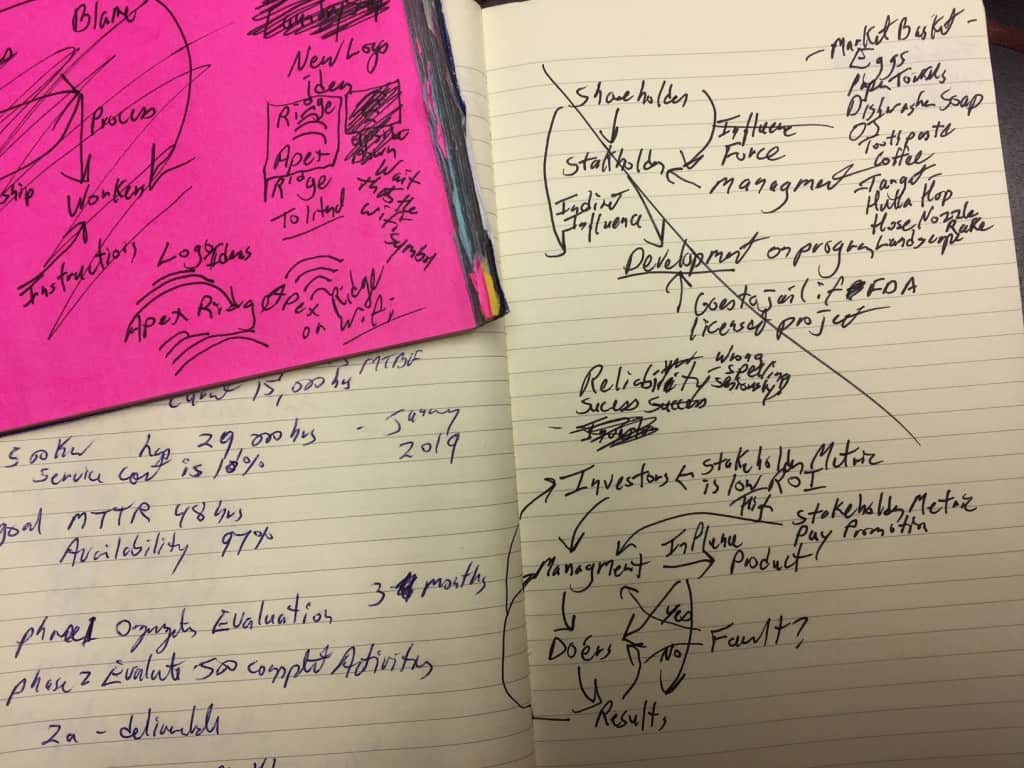
Get to Know Your Realibility Stakeholders
Understanding the reliability stakeholders in an organization is an interesting exercise.
Who are they?
- Executive management
- Business unit
- Sales
- R&D
- Quality
- Manufacturing
It’s easy to look at each of those and say “They all could easily get by and appear successful even if a product has moderate to poor reliability”. You could also state that ” Reliability is a key factor to success in their role”
The difference is how the company culture approaches reliability ownership. Who owns the results? These are the stakeholders.A stakeholder is a person that has an interest/concern in an organization. In the context of reliability stakeholder is the person who receives value from a product being reliable.
The Stakeholder Framework
The stakeholder framework is the basis upon which an organization is structured. The motivation for the stakeholder or any related party could be documented in a graphic just as easily in a written description. It illustrates how different elements of an organization interact with each other. The organizational value framework will help us understand how an organization creates value and internally motivates its personnel. What is value? Value is a measure of the benefit provided by a system to a stakeholder. This is the most important element of reliability. All engineers need to be able to understand the relationship every engineering activity has with value.
Shareholders, not stakeholders, are generally not running the organization. They will often appoint experts to represent their interests. Within an organization this is management. Management coordinates the efforts of people to accomplish goals and objectives directing resources. Management is the proxy for the stakeholders who represent their interests and set the culture of the organization. This is their role. If management cannot influence culture, they are ineffective. All reliability based product‘disasters’ have emanated from organizational cultures that were created by management. This means that targeting other people to change culture is pointless. In the same way shareholders need to appoint management experts to run the organization, these management experts need to appoint others to undertake ‘technical’ work following their directives.
-Adam

 Ask a question or send along a comment.
Please login to view and use the contact form.
Ask a question or send along a comment.
Please login to view and use the contact form.
great info
Thanks